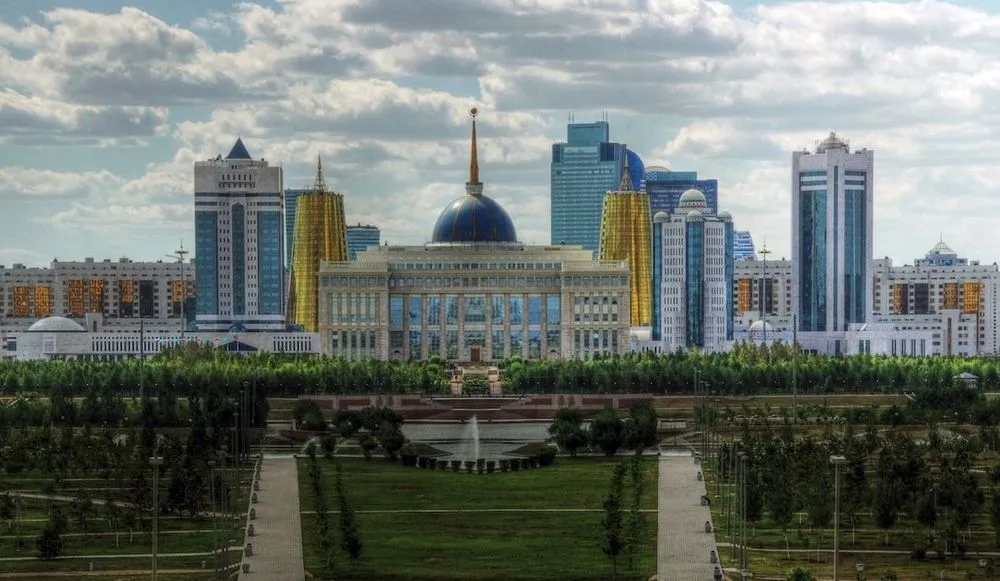Kazakhstan becomes latest country to ban 'LGBT propaganda' online
Kazakhstan’s parliament has passed a law banning what it calls “LGBT propaganda” in the media and online, joining other authoritarian governments that have instituted similar restrictions over free expression and minority rights.
The legislation, approved this week, prohibits the distribution of content that “promotes nontraditional sexual relations.” Violators face fines, while repeat offenders risk up to 10 days in jail.
Russia, Georgia and Hungary have enacted similar restrictions, and rights groups are warning that LGBTQ+ communities are facing increasing pressure and online censorship worldwide.
Kazakh lawmakers say their measure aims to “protect children and adolescents” from harmful information, grouping “nontraditional sexual orientation” and pedophilia under the same category of prohibited material.
Any media or online content deemed to “promote” LGBTQ+ relationships must now carry an 18+ label, and authorities will have the power to block content that violates the new rules.
“Children and teenagers are constantly exposed to information that can distort their understanding of family, morality, and the future,” said Yelnur Beisenbayev, a lawmaker from the ruling Amanat party. President Kassym-Jomart Tokayev has also recently called for defending “traditional values.”
Russia first introduced its “gay propaganda” law in 2013 and last year labeled the entire LGBTQ+ movement “extremist.” Hungary’s law followed in 2021, and Georgia’s in 2024 — all under the banner of “protecting children.”
Human rights organizations have sharply criticized the Kazakh bill. “Discriminatory and rights-violating provisions like those being proposed have no place in any democratic society, which Kazakhstan aspires to be,” seven international NGOs — including Access Now, Human Rights Watch and the Norwegian Helsinki Committee — said in a joint statement earlier this week.
Local activists also condemned the law as an attempt to stifle dissent and intimidate civil society. “Tomorrow these well-fed, deaf, and blind-to-the-people deputies will start pushing through even more laws that violate human rights,” said Dinara Smailova, head of the anti-violence group Ne Molchi (“Don’t Be Silent”). “All this repression is meant to make people afraid and keep them silent.”
A 2024 report by the Electronic Frontier Foundation (EFF) found that online censorship and offline repression of LGBTQ+ people are intensifying worldwide. In the United States alone, more than 500 anti-LGBTQ+ bills were introduced in state legislatures last year, the EFF said.
Authorities in the Middle East and North Africa reportedly use dating and messaging apps to track and persecute queer people. The dating app Grindr has been blocked in countries including Jordan, Lebanon, Iran, Turkey, Indonesia, Pakistan, Qatar and the United Arab Emirates.
“With anti-LGBTQ+ bills restricting free expression and privacy — alongside content moderation decisions that disproportionately impact LGBTQ+ users — digital spaces that once seemed like safe havens are, for many, no longer so,” EFF researchers said.
Daryna Antoniuk
is a reporter for Recorded Future News based in Ukraine. She writes about cybersecurity startups, cyberattacks in Eastern Europe and the state of the cyberwar between Ukraine and Russia. She previously was a tech reporter for Forbes Ukraine. Her work has also been published at Sifted, The Kyiv Independent and The Kyiv Post.



